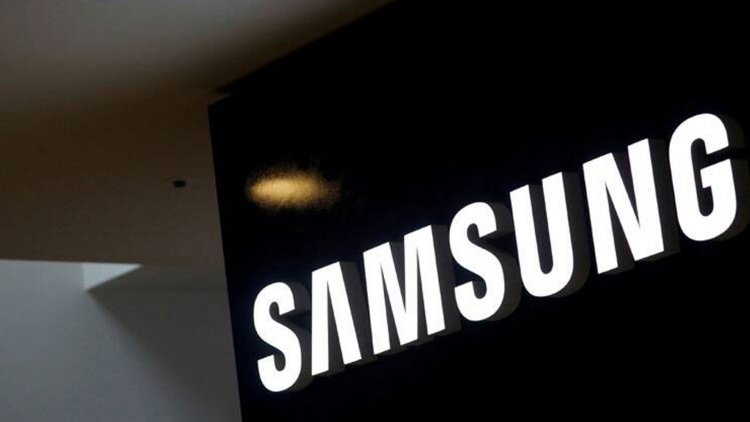Due to a decline in demand, Samsung Elec reports its first quarterly loss in over three years
The top memory-chip and smartphone manufacturer in the world projected that its earnings decreased to 10.8 trillion won ($7.67 billion) in July-September from 15.8 trillion won a year earlier, marking its first year-over-year decline in nearly three years.

The market for electronic devices and the memory chips that power them decreased as a result of the economic crisis, and Samsung Electronics Co. Ltd. reported a worse-than-anticipated 32% decline in quarterly operating profitability on Friday.
The top memory-chip and smartphone manufacturer in the world projected that its earnings decreased to 10.8 trillion won ($7.67 billion) in July-September from 15.8 trillion won a year earlier, marking its first year-over-year decline in nearly three years.
The result was 8.5% less than a Refinitiv SmartEstimate for 11.8 trillion won.
Samsung stated in a brief preliminary earnings announcement that revenue likely increased by 3% from the same quarter a year earlier to 76 trillion won.
On October 27, Samsung is slated to present a thorough financial report.
According to analysts, Samsung's semiconductor profits suffered from falling memory chip prices as a result of weaker consumer electronics demand, which was hampered by rising inflation, higher interest rates, and the effects of Russia's invasion of Ukraine.
Due to this, memory chip customers like those who build smartphones and computers have had to cut back on purchases and burn up stock, which has decreased shipments and brought about an industry downturn.
Analysts anticipate that the current quarter's falling memory chip prices, particularly as a result of weaker mobile demand, will further reduce Samsung's fourth-quarter profitability.
Memory chip demand is not anticipated to increase until the beginning of next year.
Rival Micron Technology, the first memory-chip manufacturer to formally lower its investment plans for next year, did so last week, and larger rival SK Hynix has made hints that it may also do the same.
According to the Yonhap news agency, a Samsung executive told reporters in the US on Wednesday that the company is not currently talking about cutting the manufacturing of memory chips.
In the lack of a larger position in long-term chip contract manufacturing, analysts claim Samsung remains overexposed to demand-dependent industries like mobile phones and screens that are susceptible to downturns in the economy.
According to Greg Roh, head of research at Hyundai Motor Securities, "Samsung requires product lines with a large percentage of long-term agreements, exclusive market dominance, and a premium brand with high consumer preference, but it still needs time to get there."
Foldable display panels and cutting-edge foundry techniques were "essential" for the business to become less vulnerable to downturns in the economy, Roh continued.
($1 = 1,407.6400 won)




 admin
admin 




















